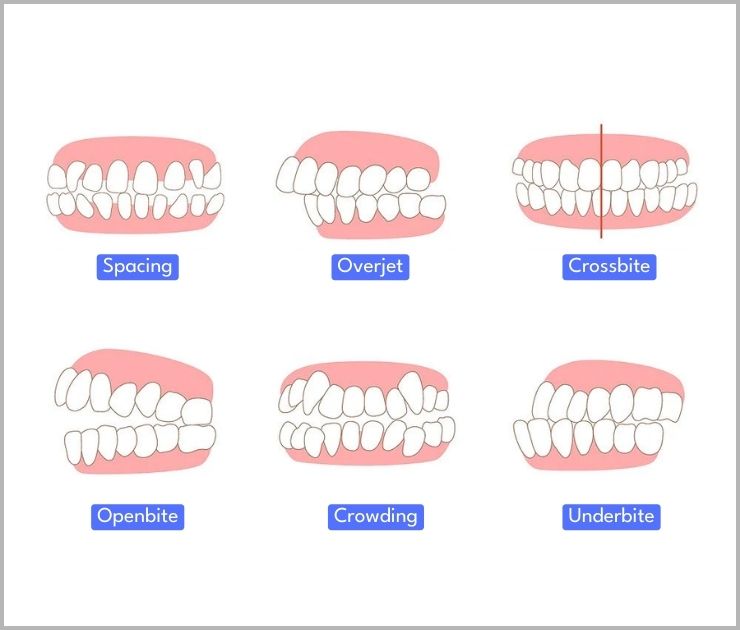
How Poor Dental Structure Affects Your Chewing Habit
Ever tried to enjoy your favorite meal but couldn’t quite chew it right? Poor dental structure could be the reason why! Issues like missing teeth, misalignment, or jaw discomfort don’t just cause inconvenience—they can also get in the way of good digestion and overall well-being.
Whether it’s a missing molar or a misaligned bite, dental structure plays a bigger role in chewing than most of us might think.
Let’s explore how dental structure impacts your chewing and why it matters for both your comfort and health.
Why Dental Structure Matters for Chewing
Your teeth are designed to work together as a team, each tooth having its own role to play. The molars in the back are the grinders, the front teeth tear and cut, and each part supports the next to break down food effectively. When something is out of place—like a missing tooth or a misaligned bite—this teamwork is disrupted, and chewing can become challenging.
Here’s a quick rundown of how poor dental structure can affect your ability to chew:
Misaligned Bite (Malocclusion): When teeth don’t fit together properly, it can create extra pressure on certain areas, making chewing uncomfortable and even painful. Missing Teeth: Missing teeth can cause a ripple effect, impacting surrounding teeth and making chewing uneven, which in turn can lead to jaw strain. Jaw Pain or TMJ Disorders: Issues with the temporomandibular joint (TMJ) can make chewing feel uncomfortable or even impossible at times.
The Domino Effect: Poor Chewing and Digestion
Chewing is the first step in digestion, so when you’re unable to chew food properly, it directly impacts how well your body absorbs nutrients. Improperly chewed food can be harder to digest, leading to indigestion and poor nutrient absorption over time.
“Chewing is like the entryway to digestion; if the door’s jammed, you’re going to run into issues later on.” In this way, a poor dental structure doesn’t just affect your mouth—it affects your entire digestive system.
Common Symptoms of Chewing Challenges Due to Dental Issues
If you’re dealing with dental problems that make chewing difficult, you might notice:
1. Jaw pain or clicking sounds 2. Sensitivity in certain teeth while eating 3. Difficulty breaking down tougher foods 4. Digestive issues, like bloating, due to improperly chewed food
Even if these symptoms seem mild at first, they’re worth addressing sooner rather than later.
If you’re experiencing pain or sensitivity while chewing, book an appointment with our expert at Dant Batrisa for braces treatment in Chandkheda Ahmedabad. We can realign your bite and relieve strain on your jaw, making meals enjoyable again.
Solutions for Improving Your Chewing and Comfort
Thankfully, there are plenty of ways to correct dental issues and restore your ability to chew comfortably:
Orthodontic Treatments: Braces, aligners, and other orthodontic options can help correct misalignment, improving both function and appearance. Dental Implants or Bridges: Missing teeth? Implants or bridges fill in those gaps, restoring the function of your bite and evening out the pressure across all teeth. TMJ Therapy: If jaw pain or TMJ issues are causing trouble, specific therapies or bite splints can help relieve the discomfort.
What’s the Takeaway?
Dental structure isn’t just about having a perfect smile—it’s about comfort, health, and even how well you digest your food. So, if chewing feels off, it’s worth talking to your dentist. Correcting issues with dental structure can not only ease jaw pain and discomfort but also make sure your body gets the nutrients it needs.
A healthy bite means a happy mealtime—no more sidestepping that steak or crunching cautiously on carrots!
If you are searching for braces treatment in Chandkheda, Ahmedabad, your search ends at Dant Batrisa Dental Clinic. Book an appointment with our expert for more information.


